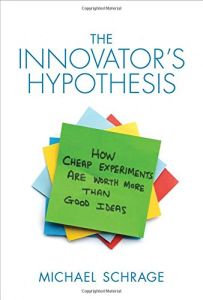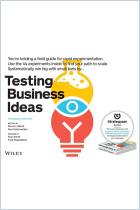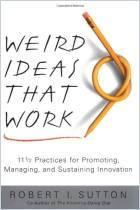Зарегистрируйтесь на getAbstract, чтобы получить доступ к этому краткому изложению.

Зарегистрируйтесь на getAbstract, чтобы получить доступ к этому краткому изложению.
Michael Schrage
The Innovator’s Hypothesis
How Cheap Experiments Are Worth More than Good Ideas
MIT Press, 2014
Что внутри?
Do you have a great idea? Throw it away. Try a cheap experiment instead.
Recommendation
Author and MIT research fellow Michael Schrage discusses innovative action and empirical results. He explicitly and persuasively campaigns against rhetoric and the tyranny of ideas. His core points reflect his battle against entrenched mind-sets and in favor of the 5x5 quick, cheap method of running business innovation experiments. Though his prose is elegant and clear, Schrage states his concepts about cheap, fast experimentation so often that you might be tempted to flip ahead. Instead, stay with him for his valuable core lessons and for writing so engaging that his concepts seem as if they might triumph on rhetoric alone. getAbstract recommends his work to everyone interested in innovation, design, corporate culture and clear thinking.
Summary
About the Author
A research fellow at MIT’s Center for Digital Business, Michael Schrage is the author of Serious Play and Who Do You Want Your Customers To Become?




















Comment on this summary